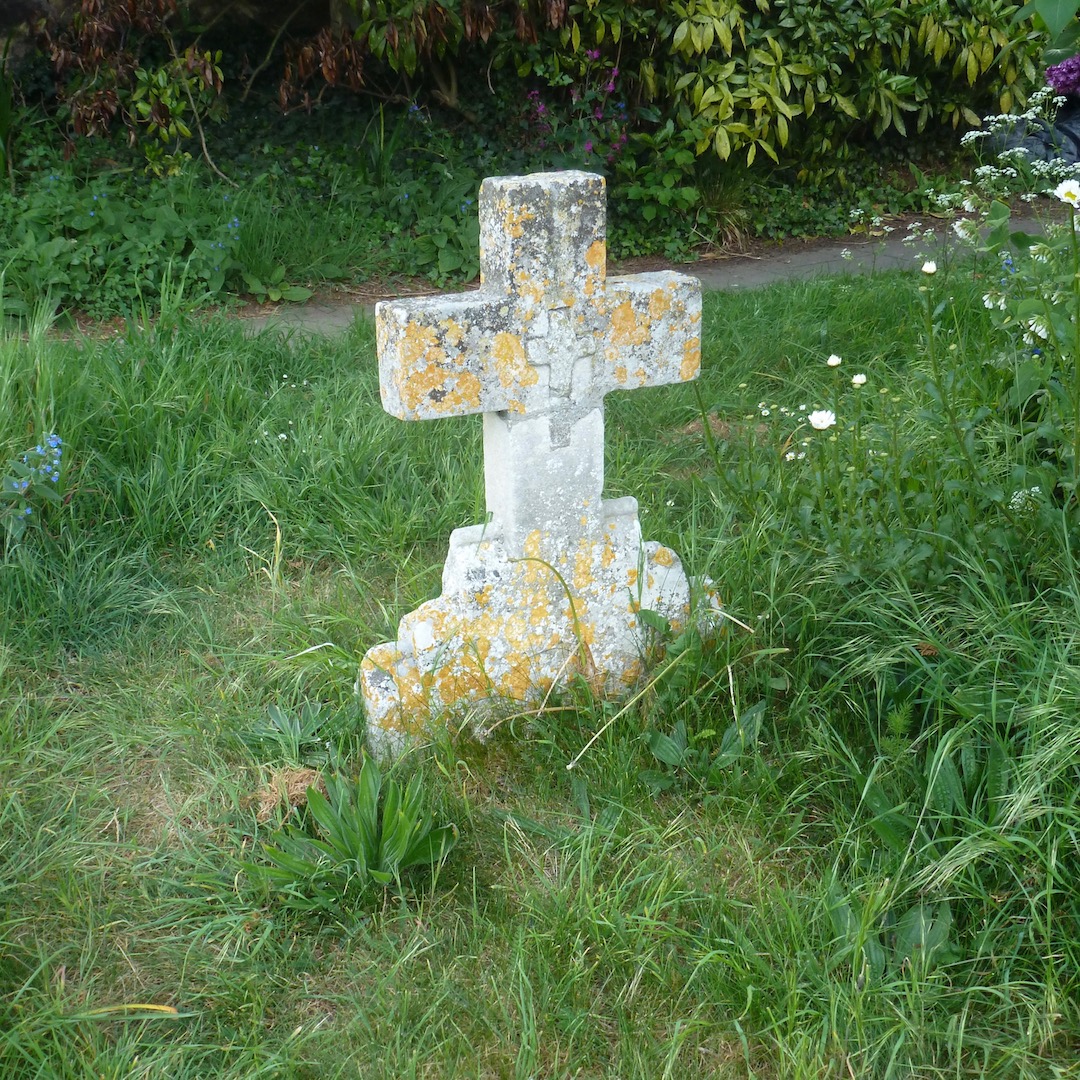Margery Dimplewait had until recently, slept well in her cottage in the small town in Idaho, not far off the Ponderosa Pine Route. Marge, or Doctor Marge as she is known by local folk, retired from being a doctor soon after attending the birth of Angie Dreyfus 14 years ago. Nothing connects the two events, and apart from her being on nodding terms with Angie’s family and the odd exchange at the local supermarket, all are part of the sleepy logging community.
There had been much speculation about Angie’s death a month or so back. She’d always been outspoken, in spite of her parents’ advice to be more discrete. Like all 14-year-olds, she’d got a bee in her bonnet about something. In Angie’s case it was about a girl of a similar age who’d apparently told a lot of world leaders at the UN that they had stolen her childhood. Every time Angie felt she’d wandered from her newly found obsession, she’d re-watch that girl on YouTube.
Most local folk agreed that a girl like Angie would grow out of her obsession and see sense, but when she walked out of the church on that miserable Sunday morning after a disagreement with the preacher, she wrought disdain from the majority of the congregation, including hitherto, the more tolerant among them. Perhaps if she’d left quietly, all would have been OK, but to say this is rubbish, as she walked down the aisle to the door and then to have left it open for all to see her striding down the path in the rain to the gate, was a step too far.
The magistrate agreed with the sheriff. The driver had done his best to avoid Angie. Those witnesses willing to give evidence had given exactly the same story, while others appeared to be nervous when confessing uncertainty about what they had seen.
Apart from weddings and funerals, Marge rarely attended church and didn’t witness Angie’s behaviour first hand, but within a few days she’d heard many versions of the event. Marge had also been out of town the day Angie was killed. However, she couldn’t avoid the talk around the supermarket checkout, justifying Angie’s demise as a divine act. Angie had been alive after the accident and had been left to choke on her own blood, whispered one.
That night, Marge dreamed of someone coughing. She knew she’d been on her back and had possibly choked on her saliva. She had a similar dream the following night and had searched the house for possible causes. She’d gone into the garden and shone her flashlight over the nearby trees to see if their branches had been scraping against the house in the wind.
One night, Marge dreamt she’d visited Angie’s grave in her nightdress after hearing crying and coughing. In her dream she’d fought her way through a tangled web of spiteful foliage to get to the headstone, only to find it badly weathered and Angie’s name had flaked off.
The dream had been so vivid that Marge woke up crying. She then went into the bathroom, rinsed her face in cold water and stared at her reflection in the mirror until she felt her stomach muscles relax and saw the lines of anguish fade from her face. In the hallway she slipped into her walking boots, put on her duck-down coat over her nightdress and left the house at two in the morning determined to put an end to her torment. She drove her old Toyota eight miles to the cemetery.
Using her flashlight, she soon found Angie’s grave with its highly polished headstone. Satisfied, Marge returned to her car and sat quietly thinking of Angie. Then she got out and retrieved her stethoscope from her bag in the automobile’s trunk and went back to the headstone. Feeling very sheepish, she cleaned a patch of the stone and held the breast piece of the stethoscope against it and listened.
She never dreamt about coughing again. But the sound of Angie crying for help between coughs remained with her for the rest of her life.
H. E. Roffey

